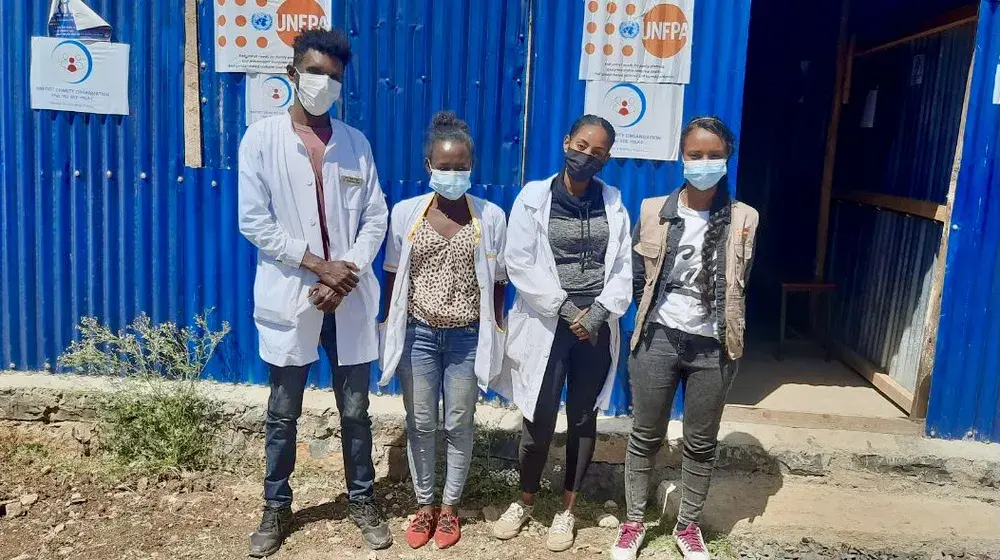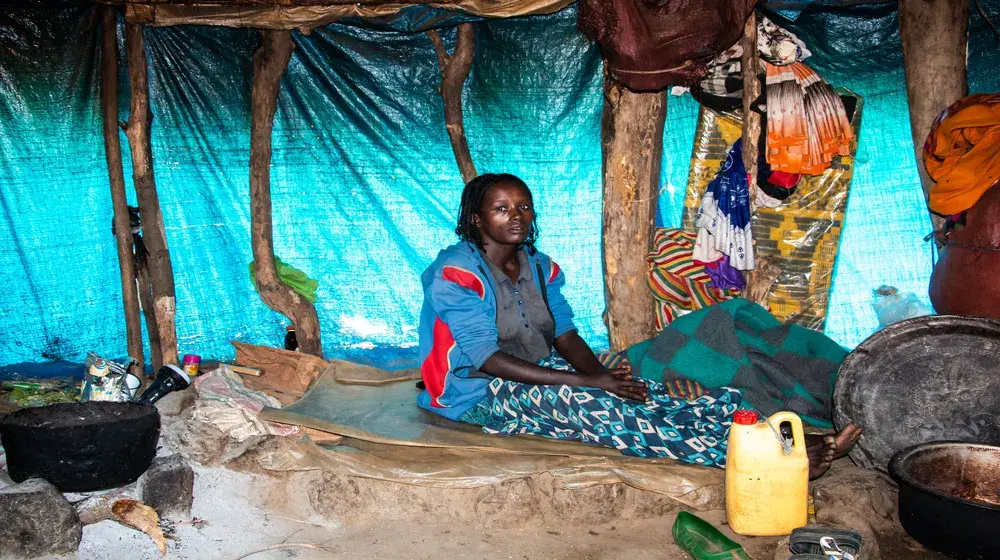Opening the conference, Pastor Zerihun Degu, General Secretary of the Inter-Religious Council of Ethiopia, noted that Faith-based organizations are making significant contributions to development in Ethiopia. He said "Faith-Based Organizations are playing a crucial role in addressing such development issues as maternal health, harmful traditional practices, and HIV/AIDS." But he conceded that despite their engagements there are still unmet needs and gaps the country is facing in addressing the issues.
Faith and religion play a vital role in the lives and cultures of most people as they identify themselves as members of a religious or spiritual community. Religious values and practices are often deeply entwined in the fabric of daily lives, and religious leaders and religious communities play a powerful role in shaping attitudes, opinions and behavior.
Faith-based organizations have a history of making a difference in people's lives in Ethiopia by delivering crucial social services. Faith-based service delivery networks continue to identify and reach out to those in need, often during the most difficult times and in the most remote areas.
The two-day consultation conference was conducted with the objective of initiating dialogue with faith-based organizations on maternal health, young peoples' reproductive health and gender inequality affecting women's and young girls' health. Moreover the consultation conference will serve as a forum to map out short-, medium-, and long-term interventions to address developmental issues as outlined by the participating faith-based organizations. Thematic presentations were made on themes including maternal health, young peoples' reproductive health, HIV/AIDS, gender inequality and harmful traditional practices.
A call to action was issued at the end of the consultation conference. The conference was attended by top clerics of the different religious denominations in Ethiopia and representatives of development partners including Government, NGOs, and UN Agencies.




